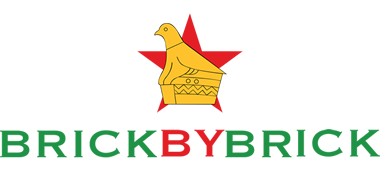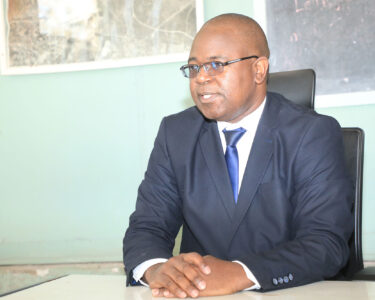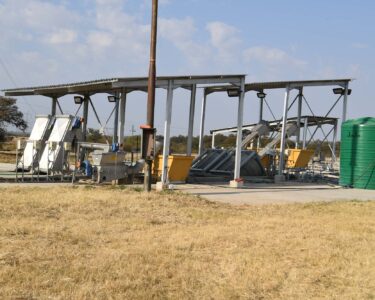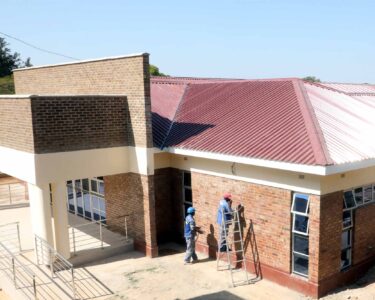Godfrey Marange, a proud son of the soil from Manicaland Province, has spent over 40 years in Germany. His colleagues always ask him why he prefers to live in a foreign country yet Africa in general and Zimbabwe in particular have rich soils ideal for organic agriculture. Marange says this constant nagging has opened his eyes — and mind — to the benefits of organic agriculture. “The production of herbs through organic agriculture is where the world is going,” he declares.
So in 1995, he teamed up with Martin Bower to establish La Rochelle Organics on a 10-hectare plot in Mutasa District. Africa has the capacity to heal the world through organic agriculture, Marange says. In this conversation with our Editor-in-Chief Munyaradzi Huni, Marange bemoans that the world has been “captured by chemically-produced medicines that are killing us”. He is convinced that the only way to save the world is through organically-produced medicines; and Africa has the solution. A mining engineer by profession, Marange and his business partner have injected US$3 million to set up a herb processing plant; and so when he speaks we better give him an ear.
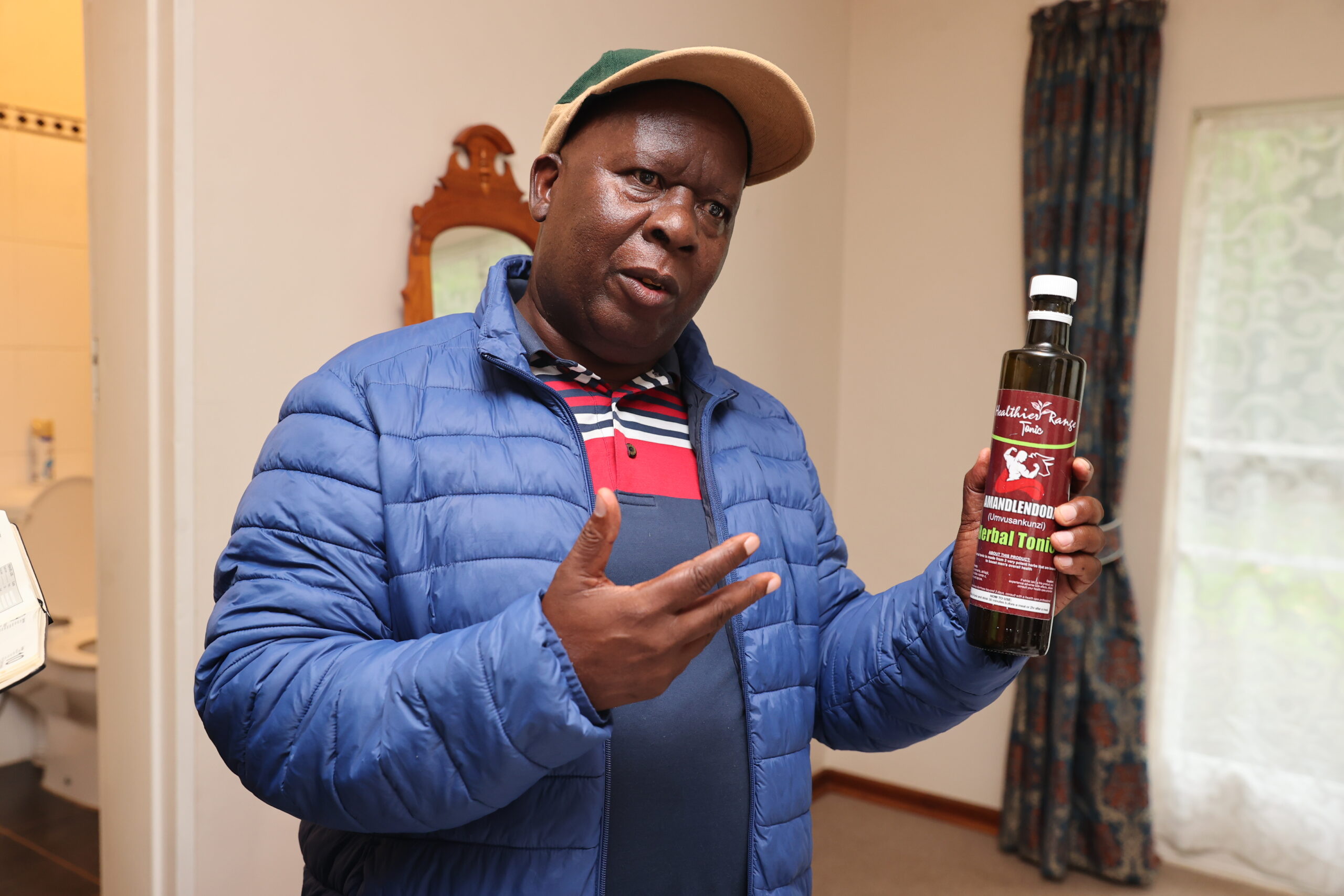
he is back home to share his vast knowledge on organic
agriculture. Here, he shows one of the organically-produced
herbal drinks
Says Marange: “I am an engineer by profession currently living in Germany. But I have been travelling all over Africa telling my fellow Africans that the herbal industry offers us unlimited opportunities to make money to develop our countries. The herbal industry is taking the world by storm because of the side-effects associated with pharmaceutical drugs. People now prefer what we call herbal remedies, not only for treatment but as part and parcel of their daily lives. This is because herbs help to boost the immune system in addition to preventing quite a number of chronic diseases.
“In years gone by, our forebears lived up to 100 years or more. And they achieved this without the benefit of medical aid societies or consulting doctors. Why? Because they took herbs like stinging nettle, bird’s eye chillies, dandelion, baobab powder, etc. But for some inexplicable reasons, we have abandoned these herbs in favour of Western-manufactured pharmaceutical drugs.
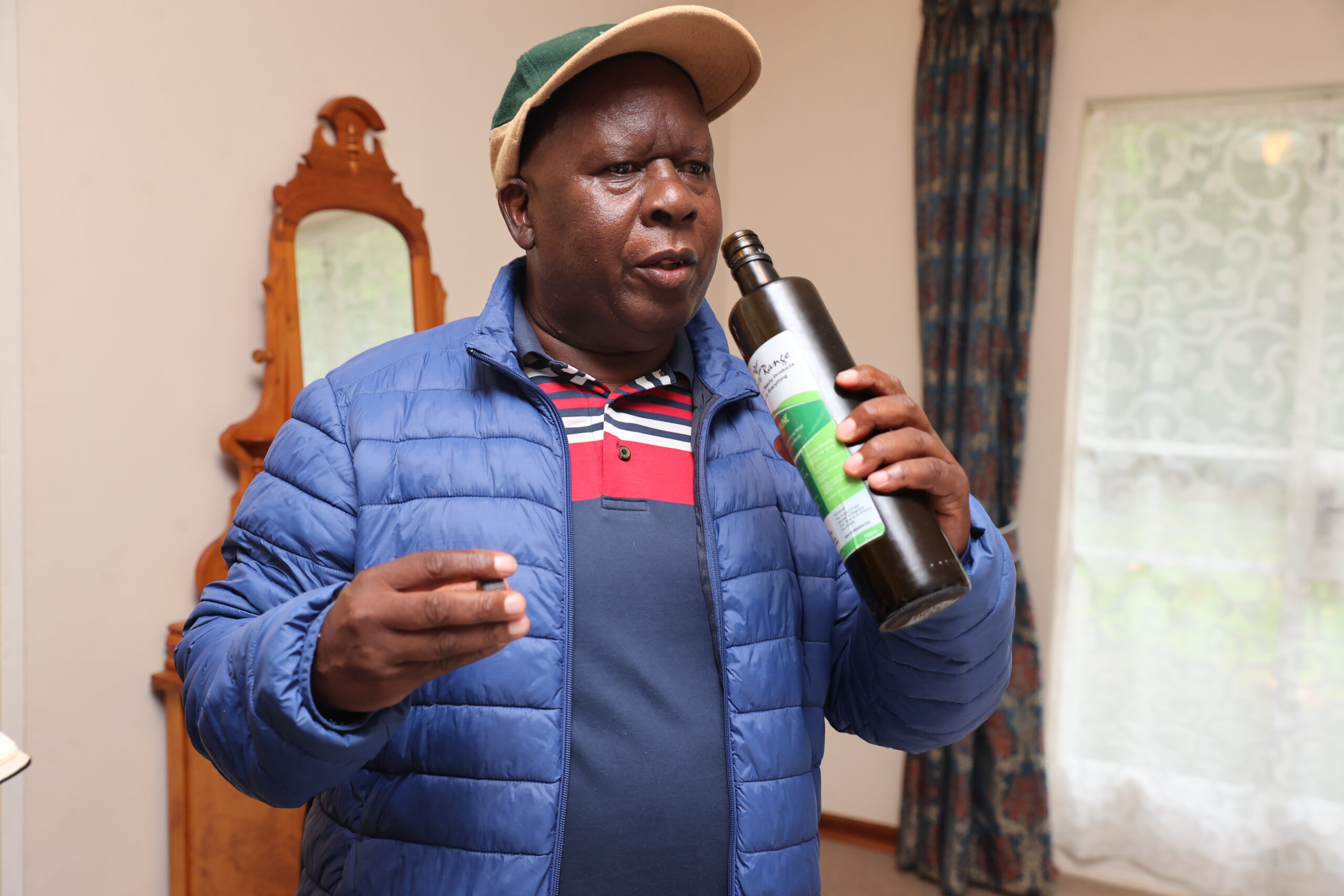
medicines in the 1990s but is still fit as a fiddle
“Sadly, we have been captured by chemically-produced medicines that are killing us. Have you ever asked yourself why written, in small print, on the containers or packets of these drugs are warnings about ‘side-effects’ or ‘contra-indications’? It is no secret that most of these chemically-produced medicines have deleterious side-effects, but our doctors won’t tell you tell you this. On the other hand, our herbs are free from side-effects.”
Africa is not aware
But what has he observed during his 40 years in Germany that makes him speak so passionately about organically-produced herbs?
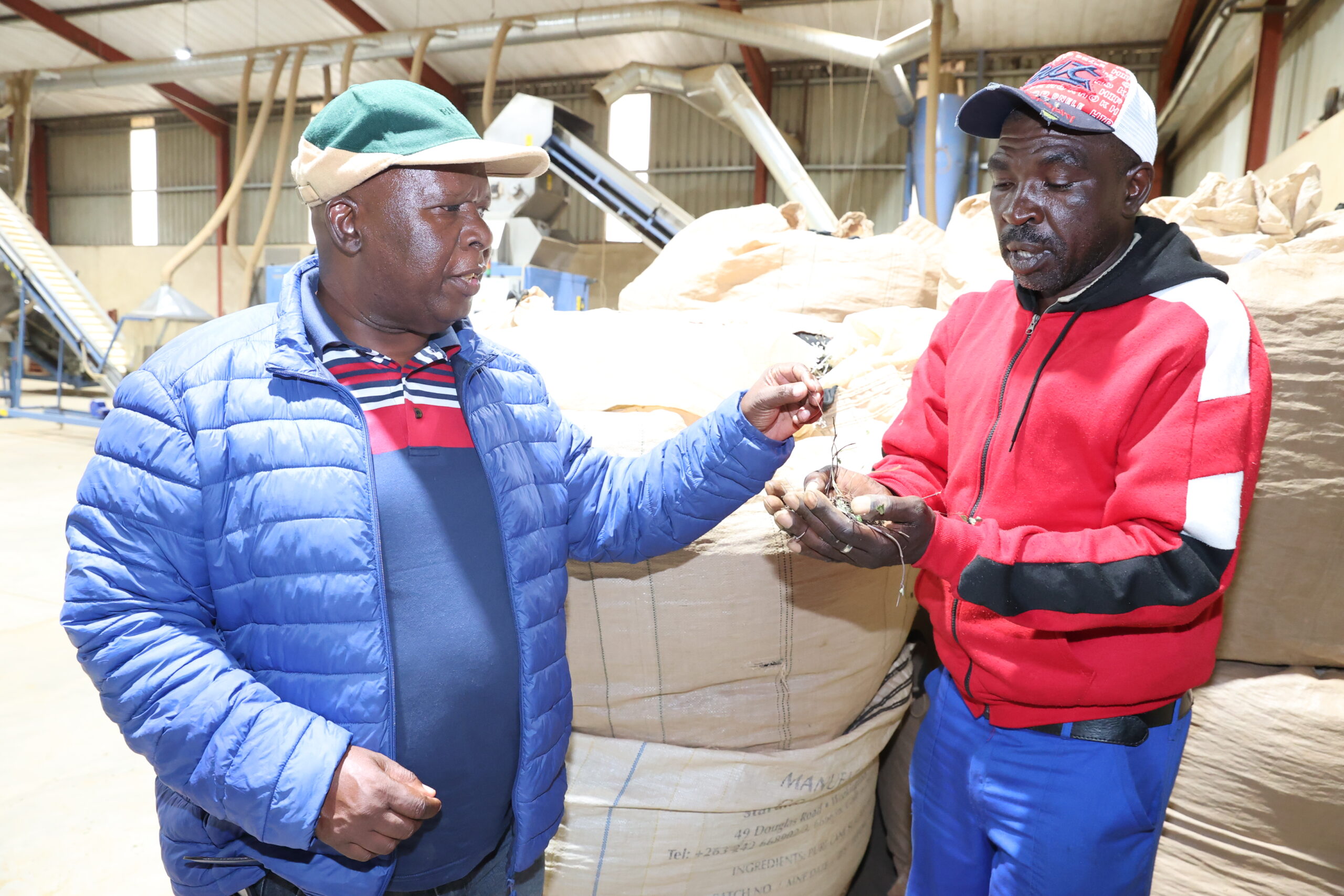
Mutasa District in Manicaland, John Chimwoyo, samples some of the
organically-produced herbs at the farm
Says Marange. “I realised that there is a growing demand for these naturally-produced medicines. The market is huge, but Africa is not aware of this. Some of the products are being pirated, notably in South Africa. For example, people are harvesting rose hip in South Africa and Lesotho daily in the wild and they are being paid about 80 rands for 25 kg when they should be getting about 15,000 rands. This is happening because the harvesters are not aware of the value of the herbs. Herbs worth millions of dollars are being clandestinely shipped out of Africa to the detriment of the continent’s economic development.
“About 60% of the world’s arable land is in Africa and if one ventures into organic agriculture, the returns are quite high. Most of these herbs can be harvested every three months. For example, herbs planted this year can be harvested for the next six years.”
But who exactly is La Rochelle Organics?
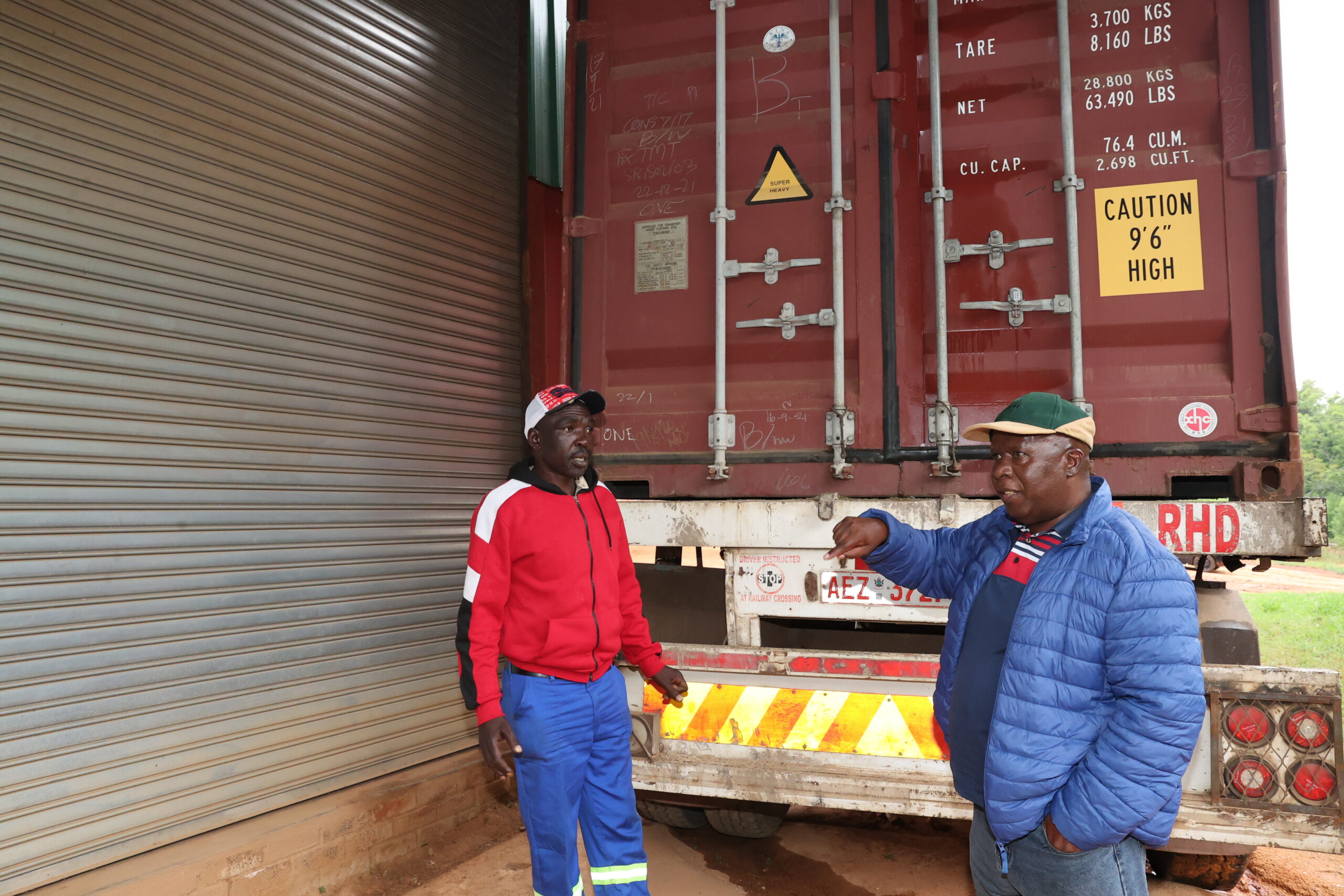
of the organically-produced herbs before embarking on its 300 km road trip to
Beira, Mozambique. The herbs are destined for Germany
Marange explains: “La Rochelle Organics is a partnership between off-takers and herbal activists. It started on 10 ha supplying organic herbs to a company based in Germany. La Rochelle Organics officially started operations in 2014 and has recorded phenomenal growth since then. It’s unbelievable. We now have a plant that processes herbs. Installed in 2018 at a cost of around US$3 million, the plant is currently operating at only 50% capacity due to a number of challenges.
“Once the herbs are grown organically, they are dried and subsequently processed into herbal teas which people want to consume every day to boost their immune systems. You do not have to be sick to take our herbal teas. You can take them every day and I will not hesitate to tell you that this is big business in Europe.
“La Rochelle Organics produces certified herbs like mint, thyme and stinging nettle. One [shipping] container of spearmint can fetch up to US$600,000. Such is the demand. In fact, Zimbabwean spearmint was named the world’s best mint at the Nuremburg Agricultural Show this year.”
So what exactly should Africa do to reap the benefits of organic agriculture?
“Africa can start healing the world through organic agriculture at a price. We must control the distribution of our herbs in Europe. The secret to these herbs is that you have to grow them organically. Traceability is very important in this business. The soils must not be contaminated with synthetic fertilisers. There must be plentiful water supplies nearby and buffer zones between organic agriculture and conventional agriculture.
“These buffer zones are meant to protect the organically-produced herbs from contamination by chemicals or insects from conventional agriculture. All aspects of the production cycle are recorded everyday and barcoded right up to the final consumer.
“We have now gone a step further to incorporate what is called fair trade. Fair trade owes its existence to an investigative journalist who went to Uganda, Kenya, Ghana and other African countries where he discovered, to his dismay, that the children of the coco harvesters there didn’t know what chocolate was. This was despite the fact that chocolate comes from coco.
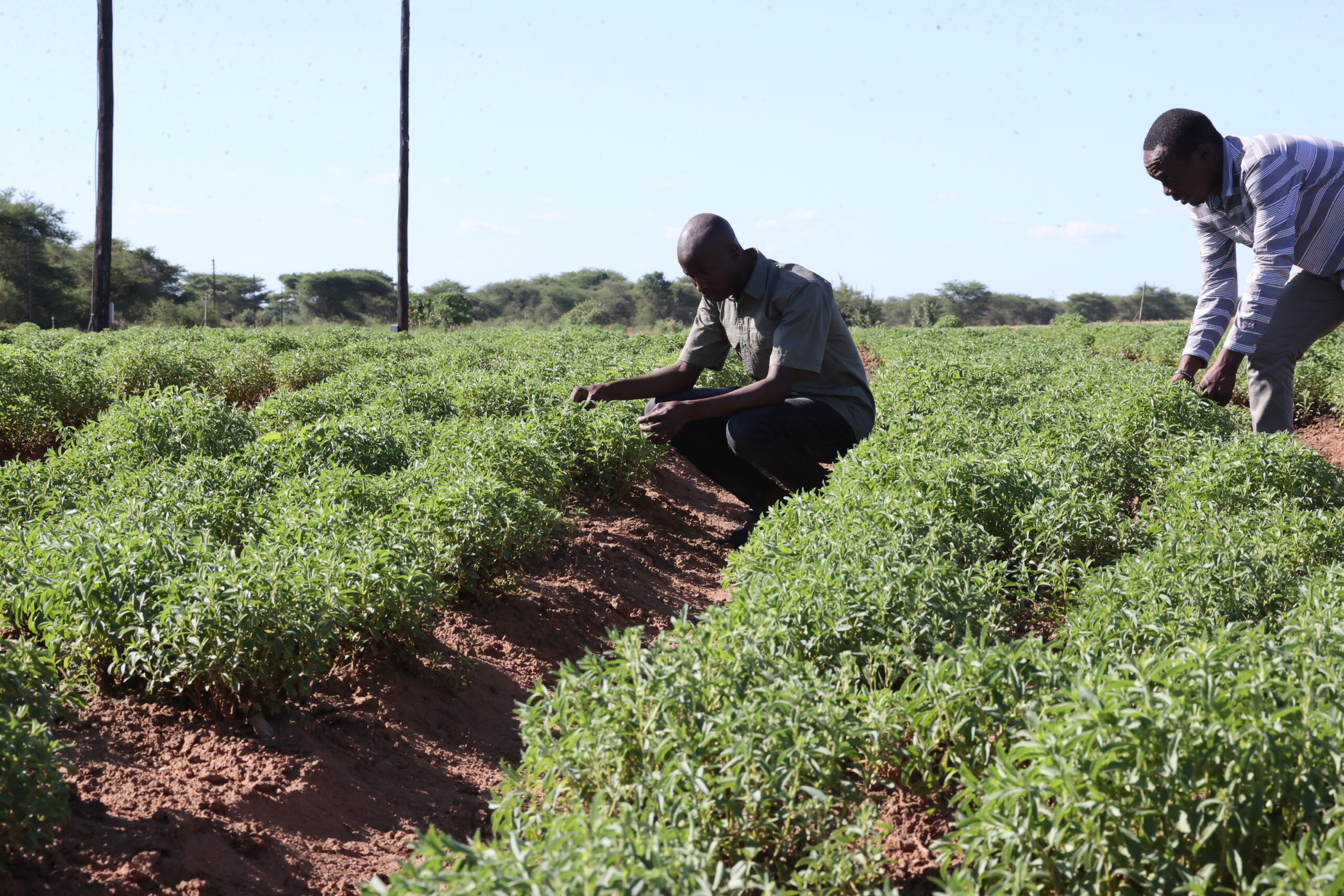
Organics in Mutasa District come all the way from
Muzarabani District in Mashonaland Central
“Following publication of the story, it was unanimously agreed that we embrace fair trade in our business. Fair trade means for each kilogramme of herbs produced, a premium of 50 cents must be paid back to the community so that it benefits from its sweat. The community then decides how they are going to spend the money. In a way, members of the community become shareholders in the business. The benefits are 2-fold. First, the communities become masters of their own development. Secondly, this reduces the burden on the fiscus.
“Since 60% of land suitable for organic agriculture is found in Africa, we need to invest into this herbal business in a big way. This is where the world is going.
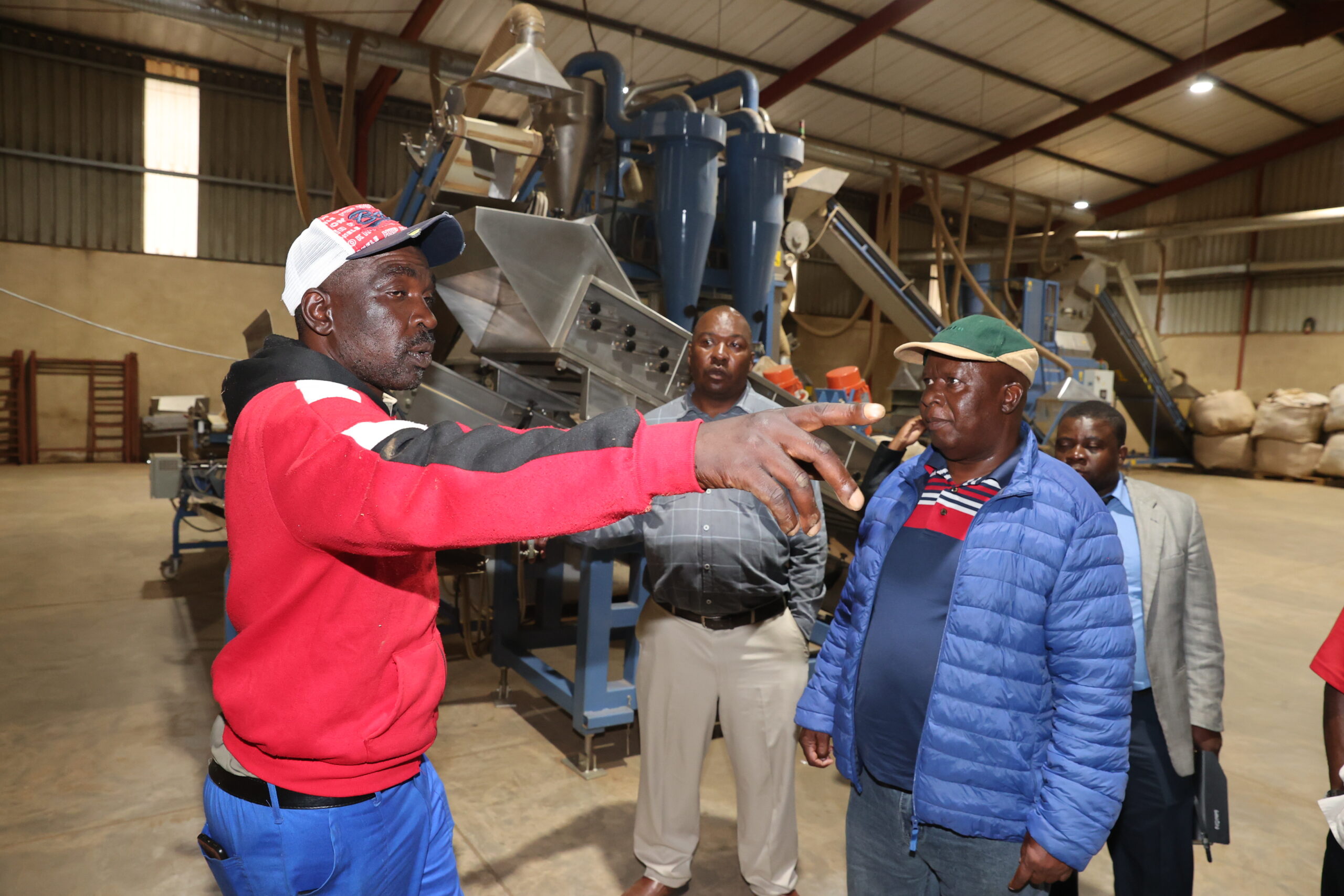
“The good thing is that the capital injection into the herbal business is minimal. Starting with about 10 ha we now have two additional farms — Nyamajura Farm (160 ha) and Ndemera Farm (140 ha). In total, we now employ over 200 people on the 3 farms, where we contract outgrowers to grow the herbs on our behalf.
“The farmers bring the herbs to us for drying after harvest. When we started, we used solar power to dry the herbs, but now we have electricity-powered driers. The herbs must be dried at stipulated temperatures so as to preserve the oil and nutrients.
“We are currently producing spearmint, peppermint and dandelion for treating cancer patients, stinging nettle, lemon grass, bird’s eye chillies and several others. Unfortunately, our efforts to grow Moringa did not bear fruit because the area is too wet and cold. Moringa does well in agro-ecological region 5, such as Marange, which is hot.
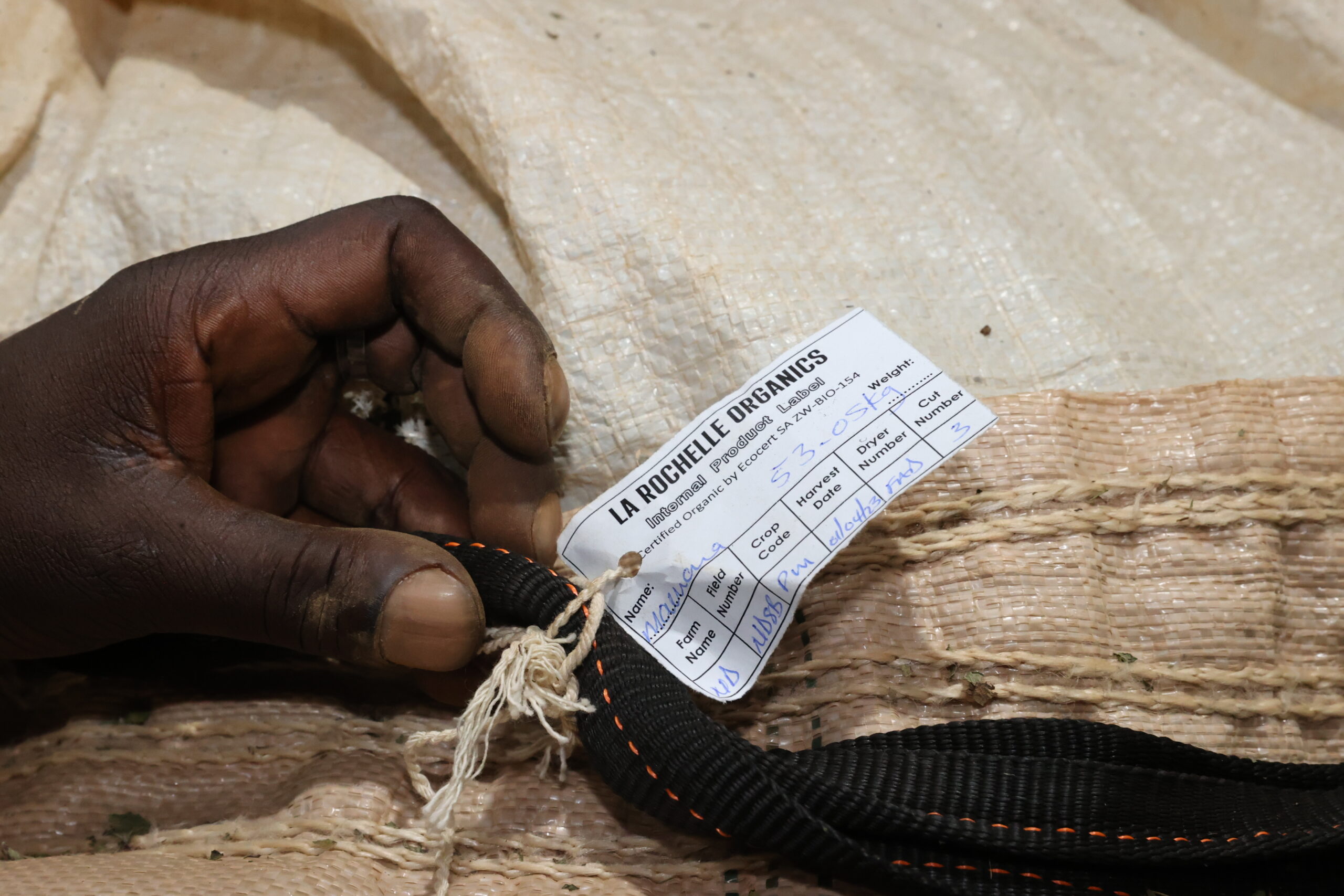
from the day of planting up to the
export of the herbs
“Are you aware that many people have realised the health benefits of Moringa to the extent that they now feel like adding a spoon of the powder to their food all the time? This is because it boosts the immune system. The same goes for baobab fruit powder.
“Many people are endangering their lives because of the processed foods they are consuming and the chemically-produced medicines prescribed by doctors. I personally stopped taking tablets in 1995. I now use herbs only and I am doing very well healthwise. In addition, I exercise a lot because the human body is organic. You should exercise and eat traditional foods. Minimise the intake of processed or fast foods. They kill you slowly. Thanks to organically-produced herbs and good eating habits, I rarely get sick.”
“Most of the chemically-produced medicines harm our immune system, which is why millions are losing their lives to chronic diseases, such as diabetes, hypertension, cancer, etc. Our forebears were immune to these diseases, but now almost every 1 out of every 5 patients is suffering from 1 chronic ailment or another. Why? It’s because of the chemically-produced medicines. We are literally being killed by the doctors under the guise of life-saving treatment.
“When I see patients taking pharmaceutical drugs, my heart bleeds because I know this is a recipe for disaster. They are fast-tracking their own deaths.”
Is there money in this business?
Marange believes the herbal business is a money spinner once you overcome the entry barriers.
“It’s very difficult to penetrate the global market [largely to the dominance of ‘Big Pharma’, a euphemism for a cartel representing the interests of the world’s pharmaceutical giants]. That is why I am saying we need to create a market for these herbs here on the African continent. I am happy that Africans now value these herbs, thanks to Covid-19. During the pandemic, we resorted to Zumbani for survival and it worked wonders. That is the best way of dealing with disease, not these chemically-produced medicines. There is now a growing awareness by the average man or woman on the street on the need to lead a healthy lifestyle.
“In Europe, herbal medicines are big business, but they will not openly tell you that. Our herbs are in high demand in Europe and those with an eye for business are making millions, if not billions. Entering this market is difficult because: 1. The land on which the herbs are grown must be free of synthetic fertilisers; and, 2. The land must be free of conflict. In addition, child labour is banned while labour disputes are frowned upon. The activists in this business are very strict.
“I want Africa to be at the forefront when it comes to producing organic herbs because we have the land. We should be able to open our own markets in Europe. Europeans come here and sell us products which they control, why shouldn’t we do the same? Let’s go into the herbal business on a large scale, but still adhering to the strict requirements for growing the herbs. We should produce our herbs while meeting internationally stipulated standards in the business.
“On our part, we have trained thousands of people in Lesotho on how to harvest rose hip, which is very rich in vitamin C. If you take 3 leaves of rose hip, it’s like you have eaten a whole orange in terms of the Vitamin C content. If you drink a cup of rose hip tea, it’s like you have eaten 40 oranges. If you take rose hip during the cold season, you can keep flu at bay. Because rose hip is a wild plant, we have trained the Lesotho nationals on the need to harvest it without damaging the environment.”
Marange makes no bones about the strict harvesting requirements for rose hip: “First and foremost, you must bath, but no perfumes, no necklaces and no synthetic hair. No smoking, either. If you must smoke, do it far away from the plant, after which you should wash your hands on resuming the harvesting. After harvesting, everything is barcoded.
“At Mushumbi Pools in Mashonaland Central, we are growing Roselle, which is doing very well. Roselle is a super product that is in high demand in Europe. We have trained several outgrowers in Mushumbi Pools to grow this herb, and the results, so far, are quite pleasing.”
“We are also training selected farmers in Mutoko on how to grow Roselle. As soon as they are trained, we give them a long-term off-take agreement, usually not less than 5 years. That agreement also embraces fair trade. After harvest, the farmers bring the Roselle to us for processing, provided everything has been done organically. To ensure the farmers don’t cut corners, every activity from watering the crops up to harvest time should be recorded on a daily basis.”
The difficulties of changing the African mindset
Marange has travelled across Africa preaching the gospel of herbal medicines. What has been Africa’s response to this one-man crusade?
His response: “People are really excited, although changing mindsets is quite a challenge. Many people are still wedded to this idea of growing maize and tobacco. To them, growing herbs is a luxury. Worse still, they tend to treat herbs like weeds.
“At the moment, it’s very difficult to produce these herbs for the local market because many people are either not aware of the value of these herbs or they don’t believe that they really effective. That is why we are producing these herbs entirely for the export market for now.
“In terms of employment, this business can employ about 5-10 people per hectare on a permanent basis. We mourn about unemployment in Africa, yet here is an opportunity to create jobs without spending a fortune.
“When we started talking about organic agriculture around 1995, it sounded like a joke to the doubting Thomases, but today the business is raking in billions across the world. Unfortunately, Africa’s share of that market is still low.
“I am still based in Germany, but I come here regularly to monitor the projects. I am always on the move, travelling between Germany, South Africa, Botswana, Lesotho, Uganda, Rwanda and Zimbabwe. Rwanda has offered us land, so we are going into herbal farming there in a big way. In Uganda, we have been offered almost 12 farms, each about a thousand hectares in extent.”
Marange’s passionate appeal
“I have established very good connections in Germany and I can help Zimbabwe penetrate that market. I have invited government officials to Berlin so that they can see for themselves what is happening on the ground. A case in point is the late Minister of Agriculture, Perrance Shiri, who was well received by German government officials.
“I don’t want Zimbabwe to be left out of this herbal movement. We should take the lead in Africa. I have realised that bureaucracy or red tape is quite rife in Africa. If this is not addressed as a matter of urgency, we will lose out.
“Bureaucracy is bad for business. At the moment, we are contracting farmers at La Rochelle Organics, but we would like the government to mobilise more farmers to venture into this lucrative business. We offer the training, we have the processing plant and we have the markets. I have a good working relationship with some German banking institutions who have shown interest in funding organic agriculture in Zimbabwe.
“I have suffered ridicule as an African in Germany. I have been asked countless times why I came to Germany to look for a job when Zimbabwe is so rich. ‘You are too rich to be poor,’ they have told me pointblank. My response is, ‘You have the money and we have the land, come let’s do fair trade’. They are willing to partner with us. This business has the potential to make one rich within a short time.
But isn’t Marange a mere idealist?
“There is no idealism here. Western countries are making millions and I am making very good money myself. I am not that rich, but I am quite comfortable. I can grow 1 ha of Roselle in a year and make enough money to buy my maize requirements for the next 10 years. At the moment, Roselle is going for around US$5 per kg. We are making good money and I don’t want Africa to be left out,” were Marange’s parting words.

